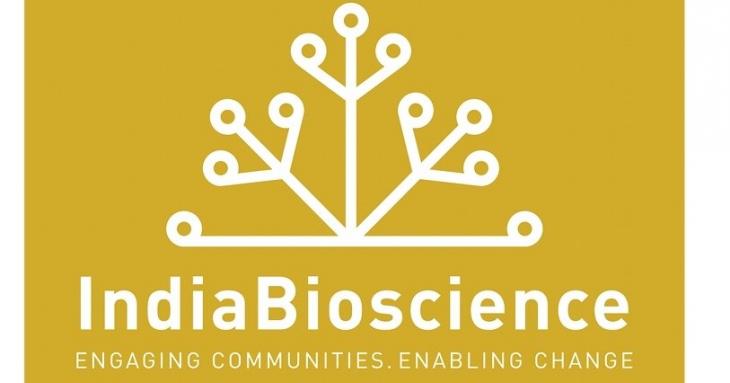-
NCBS study shows how stress can affect fear memory
Fear memories formed before and after experiencing chronic stress can have very different behavioural effects. They also affect the brain morphology differently, finds a study. The researchers, based in National Centre for Biological Sciences (NCBS) Bengaluru came to this conclusion by studying male Wistar rats.
-
Bees use complex memory for communication
Bees use waggle dance to communicate with their nest mates the flight distance and direction to foraging sites. Now, a research team led by Axel Brockmann at the National Centre for Biological Sciences (NCBS), Bengaluru, has studied how bees use complex memory to generate dance duration to communicate a change in foraging distance.
-
Not just numbers, DNA holds the key in tiger conservation
In a recent study, researchers at NCBS led by Prof Ramakrishnan, in collaboration with those from Stanford University, USA, have proposed a cost-effective alternative for analysing DNA samples. “It takes advantage of newer sequencing technologies that can be used to process hundreds of samples in parallel,” says Dr Meghana Natesh, a researcher at NCBS.
-
A new ‘clutch’ to engage the immune cell ‘gear’
A unique summer institute held at the Woods Hole Marine Biological Laboratory in the U.S. (during 2013-2018) helped unlock a few mysteries of the immune system. A team of leading biologists and biochemists identified a molecular ‘clutch’ which helps move clusters of proteins inside the immune cells.
-
How micro RNAs regulate the colour of fruits, leaves
A team from the National Centre for Biological Sciences (NCBS), Bengaluru, has found that the rich colour in fruits and leaves of plants are indirectly controlled by specific micro RNAs — miR828 and miR858.
-
G-rooting for a superhero
A team of scientists led by Professor R. Sowdhamini at the National Centre for Biological Sciences (NCBS), Bengaluru, recently deciphered the transcriptome by purifying and sequencing RNA from five different tissues (root, stem, flower, seed and leaf) of the moringa tree.
-
PhoreMost and inStem Enter Structural Biology Alliance
PhoreMost, the UK-based biopharmaceutical company dedicated to drugging ‘undruggable’ disease targets, today announced it has entered into a structural biology focussed collaboration with the Centre for Chemical Biology and Therapeutics (CCBT), Bangalore, India. CCBT at the Institute for Stem Cell Science and Regenerative Medicine (inStem) is funded by the Department of Biotechnology, Government of India,.
-
A bipolar route to updating old memories
Depression leaves its mark not only in our ability to experience positive emotions, but also in our capacity to learn and form stable memories. A new study by researchers at the National Center for Biological Sciences (NCBS), Bangalore, sheds light on the differences between how unipolar and bipolar depression can affect a person’s capacity to update old memories with new information.
-
A biological design
This one-of-a-kind exhibition will intrigue the scientist and artiste in you. The Museum and Field Stations facility at the National Centre for Biological Sciences (NCBS) is hosting an exhibition that explores the intersections of science, art and design.
-
Here are four cool things Bengaluru scientists invented recently
Researchers at the Institute for Stem Cell Science and Regenerative Medicine (InStem) in Kodigehalli have developed a gel that can protect farmers from the side effects of organophosphate pesticides. Organophosphate pesticides are very commonly used in India. While effective at killing insects, these can also harm humans and even cause death.
You are here
NCBS makes News
This is the category Description
















